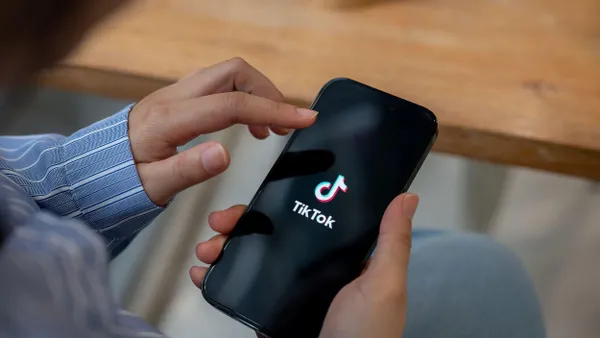Dive Brief:
- Google Home, the voice-activated digital assistant marketed by the search giant, is 6x more likely than Amazon Alexa to answer questions correctly, according to a study by 360i, a digital ad agency owned by Dentsu Aegis Network, cited in Adweek. The agency developed software to ask both devices 3,000 questions, and it found that Amazon Alexa shows strength in product research while Google’s search capability was unmatched in finding information.
- Meanwhile, people who buy one smart speaker are highly likely to shop for additional voice-activated devices, a study cited in TechCrunch found. Forty-two percent of smart speaker owners have two or more of the devices, Edison Research found. The average Amazon Echo household now owns 1.5 to 1.6 devices, compared with 1.2 last year.
- Parents who buy a smart speaker are also likely to get one for their kids, the study found. Ninety percent of parents with a smart speaker said their kids enjoy them, and 80% said the device has made it easier to entertain the kids. Fifty-seven percent of smart speaker owners bought a speaker for that purpose.
Dive Insight:
The next 12 months will likely bring more tech giants into the smart speaker market, which will spur quicker development of the technology and improvements to their services as competition heats up. Amazon has taken an early lead in the smart speaker market, with an estimated market share of 71% for its Amazon Echo devices, followed by 24% for Google Home, according to eMarketer. However, as the use case for the devices expands, 360i's research suggests Google could gain ground by better meeting the needs of inquisitive users.
The way people use smart speakers is also evolving. While Amazon originally intended the Echo to be a living-room gadget that could answer questions and handle requests like streaming music, 51% of households with an Echo use the devices in the kitchen. The Echo Show, which has a screen for video chat and streaming media, will be released on June 28.
Smart speakers are expected to become a key way for marketers to interact with consumers, many of whom say the devices have changed their daily habits. Seventy percent of households with a smart speaker say they now listen to more audio at home. People are also getting more attached to the devices, with 65% saying they wouldn’t go back to living without a speaker in the home, and 42% said the device is “essential” to their everyday lives, Edison Research found.
Amazon is estimated to have sold more than 10 million Alexa-powered Echo devices since late 2014, according to research from Consumer Intelligence Research Partners cited by GeekWire. Meanwhile, Apple’s HomePod will launch this year and Samsung is developing its Bixby voice service for English-speaking markets.












